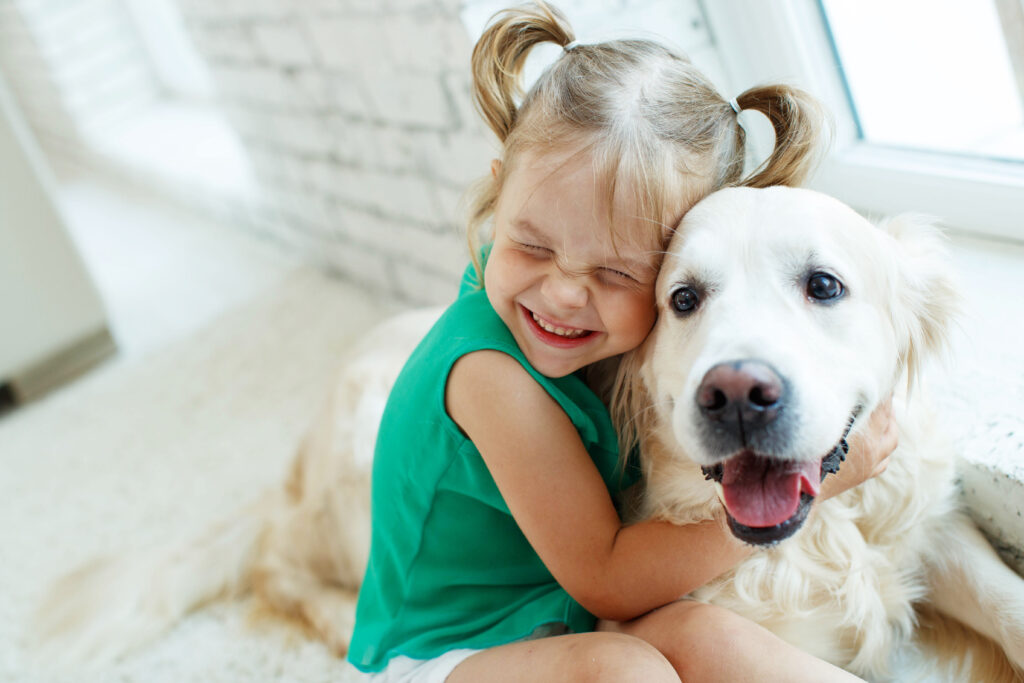To determine if a puppy will grow into a calm dog, consider the following…
Behavior in the Litter
- Calm Interactions – Puppies that are not overly dominant or submissive and can settle down after play may be calmer adults.
- Handling – Puppies that tolerate being held or picked up without squirming may be more adaptable and relaxed.
Energy Levels
- Moderate Activity – Calm puppies can play but also take breaks. Hyperactive puppies might need more stimulation as adults.
- Settling Down – Puppies that can calm down on their own are likely to be more laid-back as adults.
Confidence and Independence
- Self-Sufficiency – Puppies that aren’t overly needy and can entertain themselves are often more independent as adults.
- Less Fearful – Confident puppies that aren’t skittish tend to grow into calm, well-adjusted dogs.
Breed Temperament
- Some breeds, like Newfoundlands and Bulldogs, are naturally calmer. Breeds with higher energy levels, like Border Collies, may require more work to stay calm.
Response to New Stimuli
- Calm puppies are curious but not easily overwhelmed by new experiences or environments. Overreactive puppies might need extra socialization.
Socialization
- Puppies that are friendly and confident around people and other animals are more likely to remain calm as adults.
Calm puppies are able to relax and adapt, showing signs of a balanced temperament. Look for a relaxed energy and responsiveness to new experiences.


